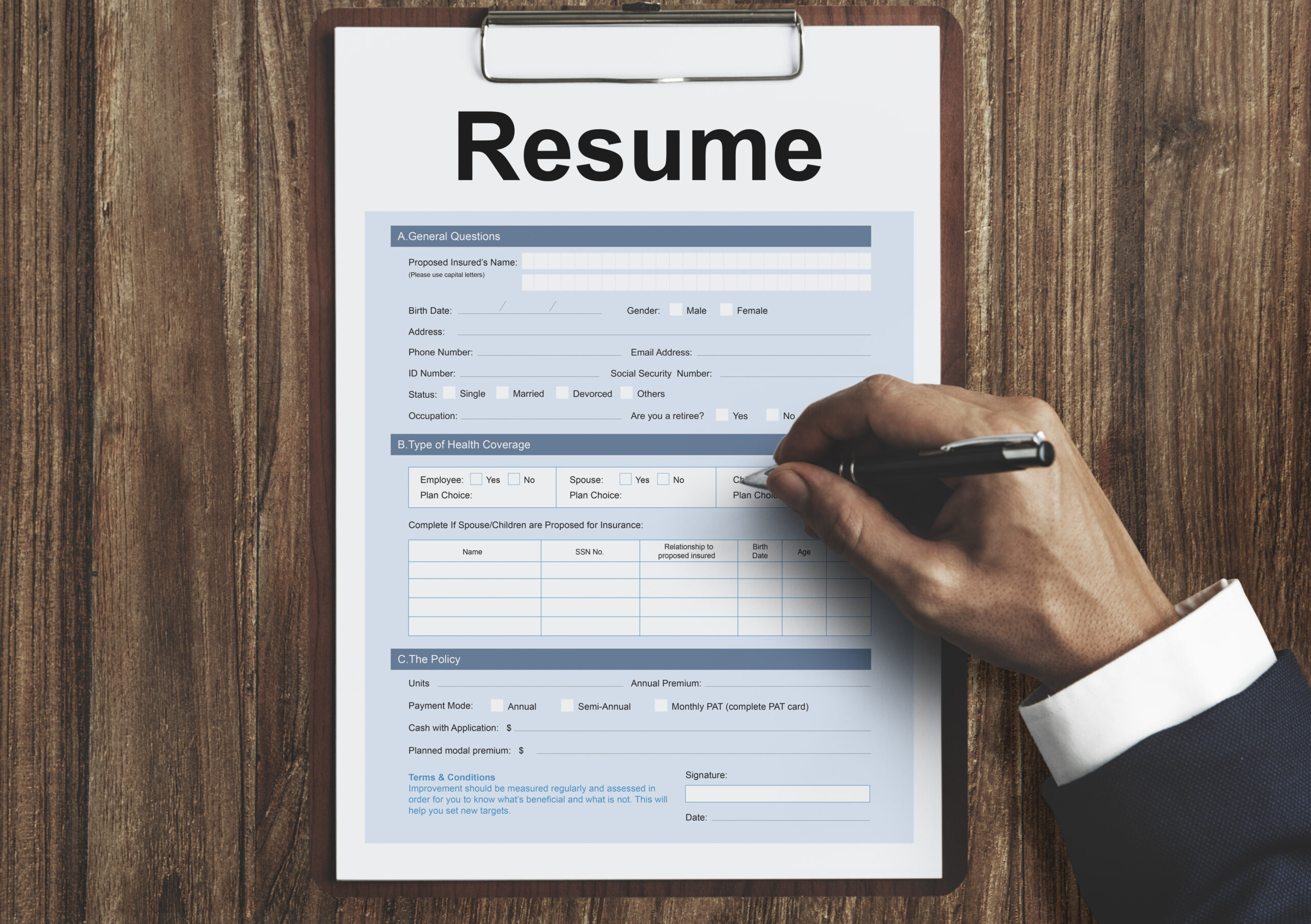
Expert CV Writing for International Job Seekers in 2024
In today’s globalised world, international job opportunities are more accessible than ever. However, the competition is fierce, and one of the most important tools you have at your disposal is your CV. Expert CV Writing is crucial to crafting a CV that resonates with employers across borders, requiring special consideration of format, content, and presentation. This guide aims to help international job seekers tailor their CVs to stand out in a competitive market.
Read More: Building a Professional E-Portfolio for Career Growth
Why International Job Seekers Need Personalised CVs
A CV, or Curriculum Vitae, is a crucial marketing document that represents your professional qualifications, skills, and experiences. For international job seekers, a CV needs to do more than list your achievements—it must also consider different cultural norms, language expectations, and legal requirements. This becomes even more crucial when applying for positions in countries with diverse hiring practices.
Here’s what you should know about Expert CV Writing for International Job Market:
-
Understanding Expert CV Writing Formats
- Country-Specific Standards: Different countries have their unique preferences when it comes to CV format. For instance:
- In the UK, a standard CV is typically 2 pages long, concise, and professional.
- In Germany, a “Lebenslauf” often includes personal information like age, nationality, and even a photograph.
- In the USA, a CV is referred to as a resume, and it’s usually shorter—one page for most professionals.
- International CV Formats: While the format might vary by region, several elements are globally recognised:
- Header: Your name, contact information, and professional title.
- Professional Summary: A brief introduction summarising your experience, skills, and objectives.
- Work Experience: Detailed accounts of your previous roles, achievements, and responsibilities.
- Education: Academic background, certifications, and relevant training.
- Skills: Both hard and soft skills relevant to the job.
- Languages: List the languages you speak, along with your proficiency levels.
- Country-Specific Standards: Different countries have their unique preferences when it comes to CV format. For instance:
Read More: CV Writing Strategy for IT Jobs and Its Importance
Always research the specific country’s job application norms before submitting your CV to ensure it adheres to local expectations.
- Tailoring Your CV for International Markets
- Language Adaptation: Ensure your CV is written in the language of the country you’re applying to, if possible. Even if the company accepts English CVs, tailoring your language and tone to their local dialect can help. For instance, American English uses “resume,” while British English uses “CV.”
- Cultural Sensitivity: Some cultures value brevity and efficiency, while others appreciate a more narrative approach. Researching the country’s workplace culture can help you strike the right tone.
- Focus on Global Skills: Highlight any experience that demonstrates your ability to adapt to diverse environments, such as international work experience, proficiency in multiple languages, or cross-cultural team collaborations.
- Highlighting Transferable Skills International employers value candidates who can quickly adapt to new environments and bring transferable skills that benefit their organisation. As a job seeker, you should emphasise the following:
- Language Proficiency: Multilingualism is a highly sought-after skill in international job markets. Even basic proficiency in multiple languages shows adaptability and cultural understanding.
- Cross-Cultural Communication: If you’ve worked in diverse teams or different countries, mention how you successfully navigated cultural differences.
- Remote Work Experience: Since remote work has become more common, employers are interested in candidates who have experience managing teams or projects across time zones.
- Global Mindset: Showcase any international education, work experience, or projects that reflect your ability to operate in a global environment.
- Formatting Considerations for International CVs While it’s essential to customise your CV for each country, some general formatting tips apply universally:
- Keep It Clean and Simple: Use a clean, professional design with plenty of white space to make it easy for recruiters to scan. Avoid using elaborate fonts or colors.
- Follow a Chronological Order: Most employers expect a reverse-chronological CV, where your most recent experience is listed first.
- Use Bullet Points: Bullet points make it easier to digest key points about your responsibilities and accomplishments.
- Quantify Your Achievements: Whenever possible, back up your accomplishments with measurable data (e.g., “Increased sales by 20%” or “Managed a team of 10 employees across 3 countries”).
- Check for Consistency: Ensure that your contact details are up-to-date and formatted according to international standards. If you include international contact information, make sure the country code is clear.
- Addressing Gaps and Short-Term Roles Many international job seekers may have gaps in their employment history due to travel, education, or visa issues. Here’s how to address them:
- Be Honest: Transparency is essential. Rather than hiding gaps, provide context, such as pursuing further education, freelance work, or traveling for professional reasons.
- Emphasise Learning: Use gaps as an opportunity to explain how you developed new skills or gained exposure to different cultures. For instance, “Spent six months volunteering in rural India, gaining insight into global healthcare challenges.”
- Proofreading and Localisation One of the most critical steps in CV writing is proofreading, but for international job seekers, it goes beyond checking for grammar and spelling mistakes. You should also:
- Avoid Regional Jargon: Terms that make sense in one country may not in another. For example, avoid using phrases like “A-levels” in non-UK countries unless you explain them.
- Check for Local Standards: Ensure the terminology and date formats are adjusted to suit the local context. For example, the date format differs between the USA (MM/DD/YYYY) and Europe (DD/MM/YYYY).
- Ask for Feedback: If possible, get a native speaker or someone familiar with the local market to review your CV.
- Tailoring the Professional Summary The professional summary, located at the top of your CV, is often the first section recruiters read. For international job seekers, it’s essential to:
- Highlight Global Experience: Mention any international projects or experience working with diverse teams.
- Adapt to Cultural Norms: Some cultures prefer modesty, while others value assertiveness. Tailor your tone based on your target country’s expectations.
- Focus on Results: Emphasise your results and impact, such as cost savings, revenue generation, or process improvements.
- Navigating Legal Considerations When applying for jobs internationally, certain legal aspects come into play. For example:
- Work Visa Status: Some employers are reluctant to hire candidates who require sponsorship. In your CV, it may be helpful to mention your work visa status, especially if you already have the necessary permits.
- Personal Information: Be mindful of what personal details you include. While some countries expect to see your age, nationality, or marital status on your CV, others (like the USA) consider it discriminatory to ask for this information.
- LinkedIn Profile Alignment Your CV and LinkedIn profile should tell the same story, especially when applying for international roles. Make sure your LinkedIn profile is:
- Up-to-Date: Reflect on your current skills, experiences, and professional summary.
- Language Adapted: If you are applying for jobs in non-English-speaking countries, consider translating your LinkedIn profile.
- Globally Relevant: Add any certifications or projects that demonstrate your global expertise.

Conclusion: Crafting a Global CV
Writing a CV for international job markets requires a fine balance between showcasing your unique strengths and aligning with local expectations. As a global job seeker, focus on highlighting your adaptability, cross-cultural experience, and transferable skills. Customise your CV for each job application, keeping the target country’s norms and the specific job requirements in mind.
At BrandMe4Job, we offer specialised CV writing services to help international job seekers stand out in global markets. Whether you need help tailoring your CV to specific countries or guidance on how to present your skills and experiences, our team is here to support your journey toward global career success.



